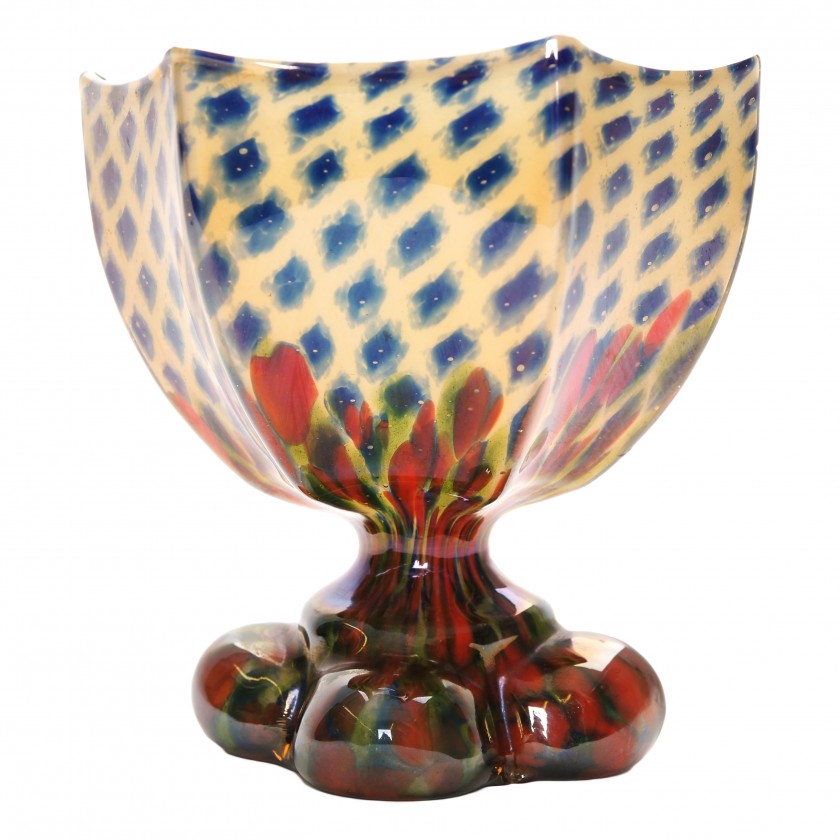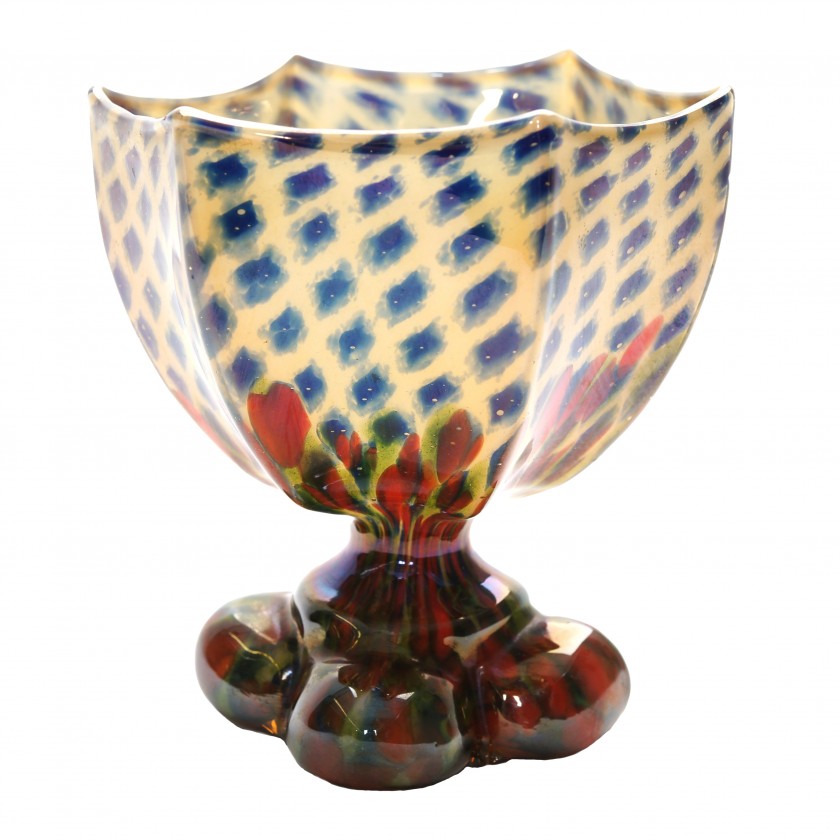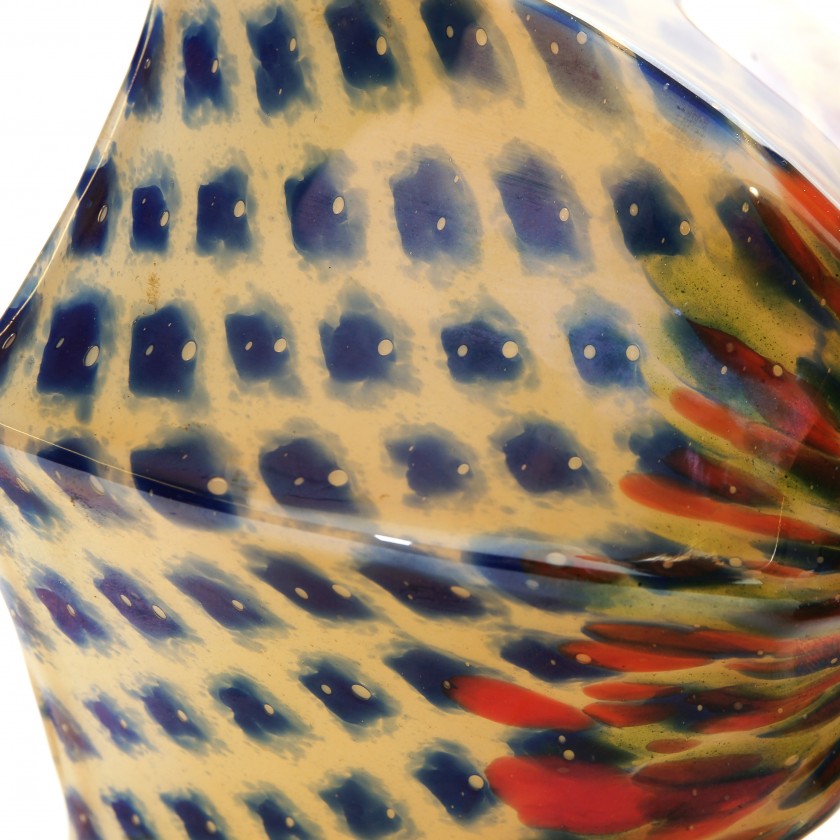Stikla vāze "Wilhelm Kralik Sohn"
-
Prece pārdota
Autors/Izstrādātājs: Wilhelm Kralik Sohn
Izgatavošanas vieta: Čehija (Bohēmija)
Izgatavošanas datums: 1920-ie - 1930-ie
Materiāli: stikls
Augstums: 17.5 cm.
Stils: Art Deco
Diametrs: 16.5 cm.
Stāvoklis:
Slikts
Labs
Teicams
Piegādes informācija
- Ieiet, lai redzētu piegādes maksu šim priekšmetam uz Jūsu izvēlēto adresi.
Piegādes veidu nosaka priekšmeta izmēri, tips, trauslums un konkrēti parametri.
Piegādes maksa tiek aprēķināta, pamatojoties uz pārvadātāja tarifiem, piegādes attālumu un iepakojuma sarežģītību.
Maksājumu informācija
Doma Antikvariāts pieņem sekojošos maksājuma veidus:







